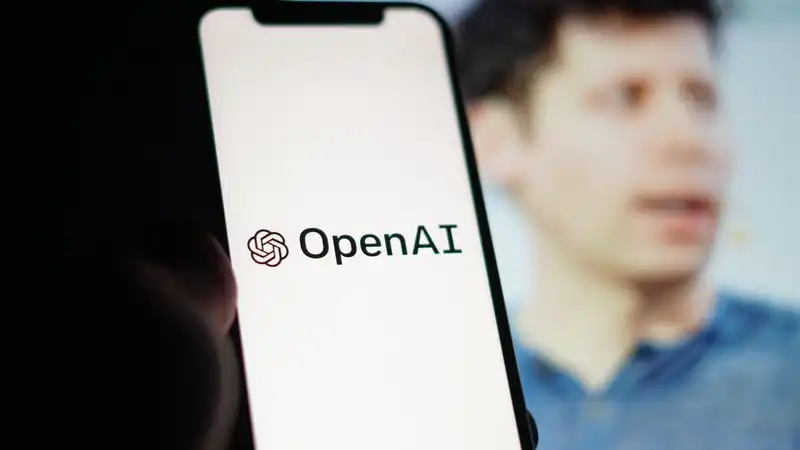The next generation of artificial intelligence systems will be able to perform tasks on their own without human input, and models like OpenAI's new o1 will make this possible, said company CEO Sam Altman
During a fireside chat at the recent T-Mobile Capital Markets Day, Altman praised the o1 model and its “reasoning” capabilities According to Altman, this opens up entirely new business opportunities using AI that were not possible with earlier GPT-class models
Altman said that these inference models, which can address problem solving before offering solutions, will enable the development of Level 3 AI
An agent system is one in which ChatGPT can effectively act on its own to obtain the best possible response, including performing tasks on other services This leads to Level 4 - Innovative Systems - where the system is able to make a decision on its own to perform a task on another service
At Fireside, Altman acknowledged the strengths of the current GPT series model This includes GPT-4o, which drives ChatGPT and Advanced Voice; GPT-4o is native multimodal, but operates on a token-by-token basis like previous AI
He says: “The GPT series models excelled at ‘System 1’ type thinking, but what we wanted was a system that could reason o1 was the first system capable of complex reasoning, and given a hard problem, it could produce extraordinary results”
Here, system 1 refers to a cognitive process that is fast, intuitive, and automatic
Altman emphasized the importance of this advance: “Over time, this will become as important as the GPT series Think of this as the GPT-2 phase of these new inference models In the next few years, we will be at the GPT-4 level of models” [o1 is, in its current preview, roughly equivalent in performance to what is coming in the next few years to the GPT-2, a generation ahead of ChatGPT's launch in November 2022
Despite the early start, he expressed confidence in rapid progress: “But even in the next few months we will see upgrades as we move from o1-preview to o1 The improvement curve is so steep that what the model cannot solve today, it will be able to solve in a few months"
[18Altman also emphasized the potential for new and innovative applications: “We will see completely new ways to use these models o1 is in its early stages, so there will be new uses, and it will take time for us and our users to understand how to use it It will take time for us and our users to understand how to use them
OpenAI o1 is an entirely new class of large-scale language models; previous generations and approaches, including the GPT family, responded to user prompts token by token, often resulting in hallucinations or completely incorrect information
There are several techniques to get around this problem, including large context windows that allow the AI to access previously modified details and memory functions that do the same thing across multiple chats However, these were all band-aids and required a paradigm shift
In O1, Open AI changed its approach and moved to the concept of a chain of thought where, when prompted, the AI model would leave the scene and solve the problem step by step, just as a human would solve a problem before providing an answer I think we have all lost marks in school because we did not present the math properly
Altman was interviewed by T-Mobile and outlined healthcare and education as two great areas where reasoning models like o1 can have a significant impact If you imagine every student receiving personalized instruction tailored for that student, along with other learning experiences, it makes a lot of sense” His great hope is that AI will facilitate scientific discovery If AI can help us invent new things, cure diseases, and create better sources of energy, that would be a huge win”
Altman concluded by reiterating OpenAI's commitment to deep learning and its belief in AGI and beyond, while remaining open to adapting its approach based on continuous learning Altman envisioned a future in which the agentic experiences enabled by this technology will have a significant impact
He says we should expect the first full version of o1, neither mini nor preview, to appear within a few months, with o2 and next-generation versions to follow in a few years What is not clear is whether the 'o' family model will be an agent or another paradigm shift similar to the change from GPT to o










Comments